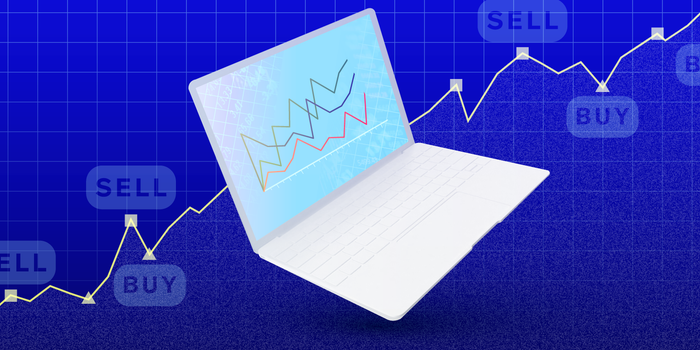Introduction
As a means of diversifying their holdings, astute investors understand that purchasing equities from other countries can be beneficial. For this reason, we have created a list of the best international mutual funds, including established and up-and-coming areas for those looking to diversify their portfolios. Investors willing to take on more risk can benefit from the increased potential rewards offered by mutual funds that invest in foreign stocks rather than domestic ones.
You likely already understand the significance of portfolio diversity. Spreading your investment capital over dozens or hundreds of different businesses reduces your exposure to any single company's failure. The sheer variety of stocks available in the U.S. stock market could lead you to believe that you don't need to diversify your portfolio beyond the U.S.-based companies.
Advantages of International and Global Stock Funds

Diversification
Global stock funds invest in various companies across various industries and geographies. This can provide investors with three types of diversification—geographic, currency, and industry—that work together to lessen the impact of adverse events on the portfolio as a whole, such as the poor performance of a single stock or political unrest in a single country.
Capital Appreciation and Income
When compared to domestic stock funds, international and global stock funds may provide higher potential gains. However, with greater possibility comes greater danger. Investing in foreign markets, as opposed to just the U.S. The U.S. stock market may provide access to a wider range of potential income streams. This growth potential is especially useful for folks saving for retirement or other long-term goals since it allows their money to increase at a rate higher than inflation.
Professional Management
When making investment decisions, professional portfolio managers and analysts have the knowledge, tools, access to information worldwide, and fluency in several languages to thoroughly investigate potential investments and the firms behind them. For most individual investors, gaining access to such specialised knowledge and data is next to impossible.
Liquidity and Convenience
You can purchase or sell shares of a mutual fund at its net asset value at the end of each business day. Likewise, you can set up your account so that any dividend or capital gain payments are reinvested immediately or invest more money whenever you like. The initial investment for many stock funds is lower than the cost of assembling a diversified portfolio of individual stocks.
Risks of International and Global Stock Funds
Foreign exchange fluctuations and shifts in economic, political, and regulatory environments are two examples of the risks of investing in foreign markets. Due to laxer oversight of their markets and economy, the dangers posed by these factors are exacerbated in developing and growing nations. Higher volatility in stock prices and a fund's overall performance may result from some of these variables. Instead of investing directly in equities, mutual funds can help protect investors against a number of the issues we'll discuss.
Economic Risk
It is a measure of confidence in a country's economic future. Investing in a country with strong finances and a healthy economy is more likely to yield positive returns than investing in a country with unstable finances and a shaky economy.
Reduced Liquidity
Unlike domestic markets, trading in some international ones occurs far less often. As a result, you may be unable to acquire or sell as many securities as possible, cutting into your earnings or worsening your losses if you have to sell shares.
Political Risk
The political climate of a country poses a risk to investors because of the possibility of unforeseen economic downturns. Maintaining an environment favourable to foreign investment is one definition of political risk. It's possible that an unfriendly political atmosphere (or one that develops unfriendly) to foreign investors could pose a larger danger than a weak economy.

Conclusion
In today's internationally interconnected economy, it's next to impossible to avoid any overseas exposure. More than half of the world's market capitalization is now located outside the United States, making international stocks offer many chances that the U.S. stocks do not. Many major stock exchanges are located in countries other than their home country, giving investors the chance to diversify their holdings by purchasing companies' shares in new and established markets.
You may reduce your exposure to risk and set up your portfolio for sustainable growth by spreading your holdings across the globe. Your strategy for global investment should reflect the type of investor you are. In addition to American Depositary Receipts and Foreign Ordinary Shares, non-traditional assets such as exchange-traded funds (ETFs) and mutual funds with heavy overseas holdings may be a good choice for investors seeking global diversification. Expanding your investment horizons by purchasing foreign stocks can be more beneficial. Consult a financial advisor if you are unsure how to allocate your assets or how to get your overseas investment strategy off to a good start.



